【FOCUS】Circular Economy
Today, we will focus on the theme of "Circular Economy" and share innovative solutions from five cities. Without further ado, let’s learn about revitalizing cultural heritage with Guangzhou Award Secretariat!
Belo Horizonte, Brazil
The Computer Reconditioning Centre
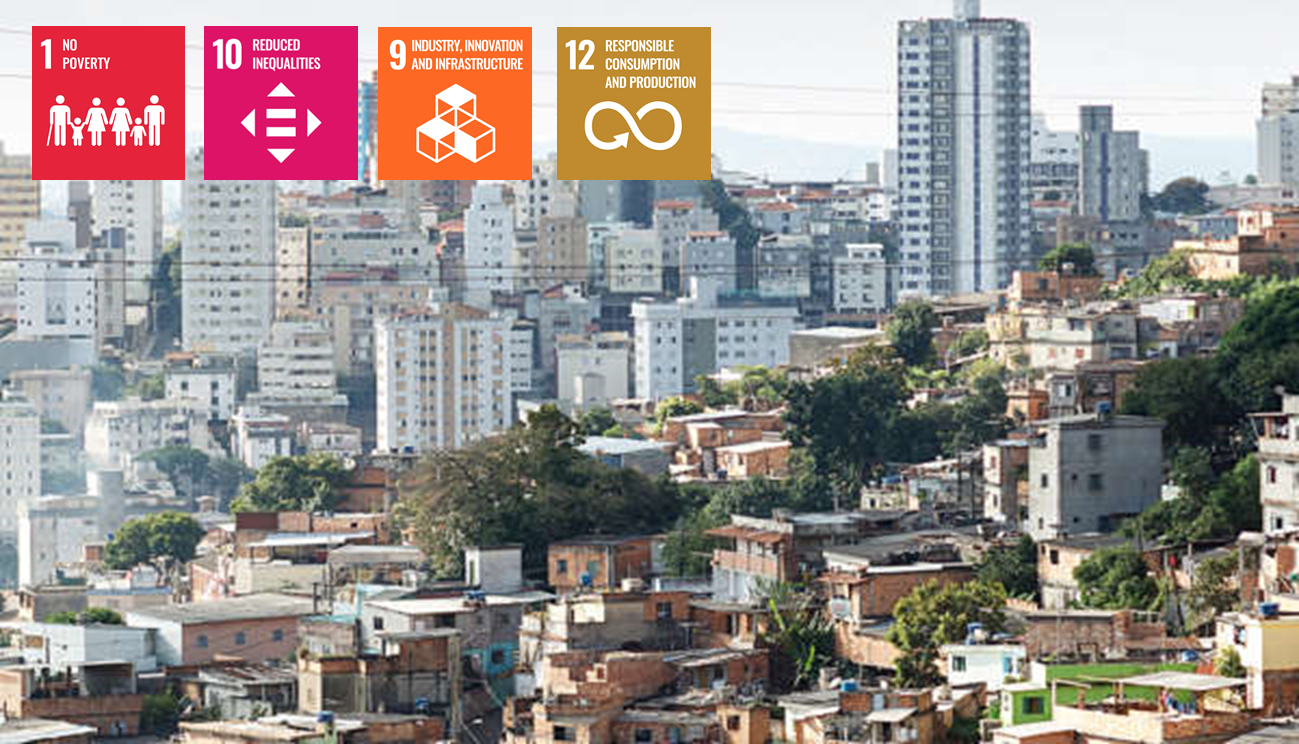 The Computer Reconditioning Centre (CRC) is an
integral element of the city of Belo Horizonte’s digital inclusion, skills
development and waste reduction efforts. In this electronics remanufacturing
facility, citizens from low income communities receive extensive training to
restore donated post-use IT equipment into full working condition. This
refurbished equipment goes on to support over 300 ‘digital inclusion sites’
operated by the city, where Belo Horizonte locals have free access to computers
and internet as well as varied training opportunities in basic digital
literacy. In the first years
of the Belo Horizonte CRC since its 2008 launch, 7,000 post-use IT products
(CPUs, monitors, printers) were restored in the first nine years of the initiative
and 10,446 citizens have been trained in basic technological skills,
environmental education, and computer remanufacturing to date.
The Computer Reconditioning Centre (CRC) is an
integral element of the city of Belo Horizonte’s digital inclusion, skills
development and waste reduction efforts. In this electronics remanufacturing
facility, citizens from low income communities receive extensive training to
restore donated post-use IT equipment into full working condition. This
refurbished equipment goes on to support over 300 ‘digital inclusion sites’
operated by the city, where Belo Horizonte locals have free access to computers
and internet as well as varied training opportunities in basic digital
literacy. In the first years
of the Belo Horizonte CRC since its 2008 launch, 7,000 post-use IT products
(CPUs, monitors, printers) were restored in the first nine years of the initiative
and 10,446 citizens have been trained in basic technological skills,
environmental education, and computer remanufacturing to date.
Check to see more at:
https://www.ellenmacarthurfoundation.org/assets/downloads/Belo_Horizonte_-Case-Study_Mar19.pdf
Austin, United States
The Austin Materials Marketplace
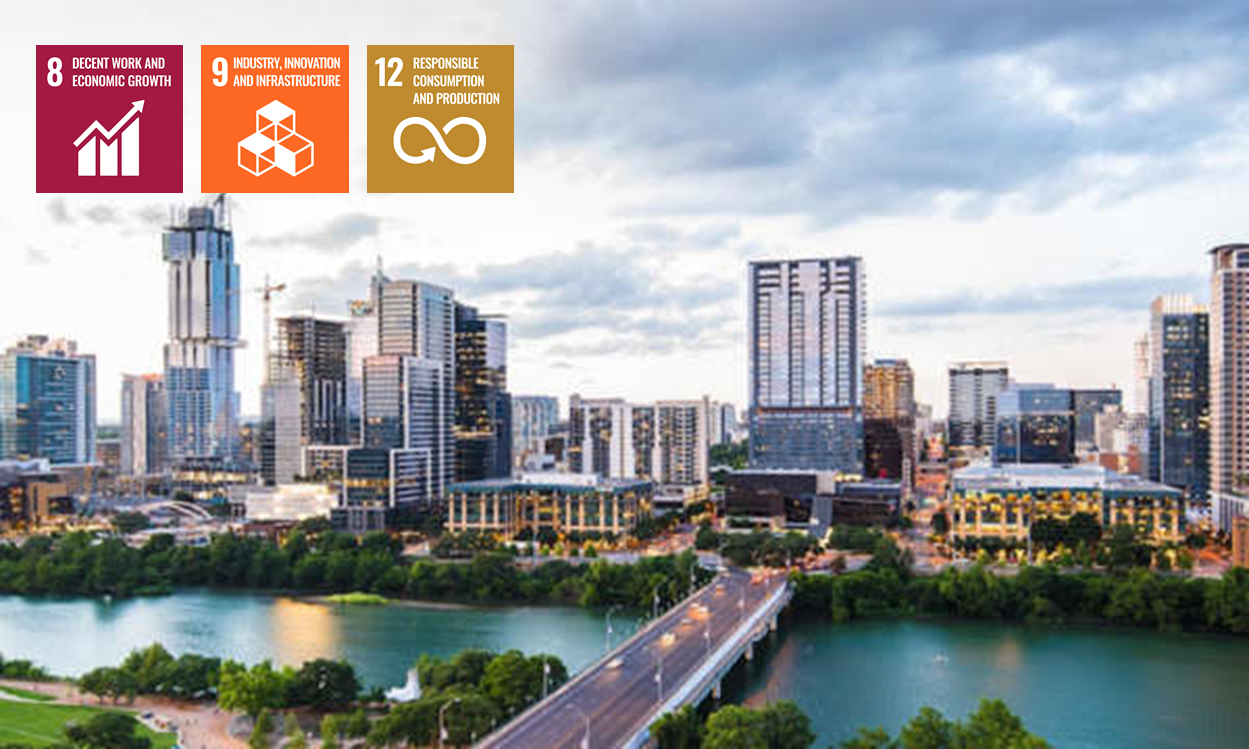 The City of Austin’s ambition to reach zero
waste by 2040 has generated several initiatives, including the creation of the
Austin Materials Marketplace, an online materials exchange platform. Aligning
with circular economy principles, the platform’s ambition is to keep materials
and products out of landfill and in use, not only reducing waste management
expenditure for the city, but also providing the means for local businesses to
advertise and bid for surpluses, thereby benefiting from cost savings or
creating additional income.
The Materials Marketplace is designed to attract users from
across different sectors as discarded materials from one company can be
valuable input materials for another. Materials advertised and sought on the
Materials Marketplace include construction and demolition materials, plastics,
organics, and packaging.
Since the Materials Marketplace was created, over 400 tonnes of
material have been diverted from landfill, and over 950 million tonnes of
carbon dioxide equivalent emissions have been saved
The City of Austin’s ambition to reach zero
waste by 2040 has generated several initiatives, including the creation of the
Austin Materials Marketplace, an online materials exchange platform. Aligning
with circular economy principles, the platform’s ambition is to keep materials
and products out of landfill and in use, not only reducing waste management
expenditure for the city, but also providing the means for local businesses to
advertise and bid for surpluses, thereby benefiting from cost savings or
creating additional income.
The Materials Marketplace is designed to attract users from
across different sectors as discarded materials from one company can be
valuable input materials for another. Materials advertised and sought on the
Materials Marketplace include construction and demolition materials, plastics,
organics, and packaging.
Since the Materials Marketplace was created, over 400 tonnes of
material have been diverted from landfill, and over 950 million tonnes of
carbon dioxide equivalent emissions have been saved
Check to see more at:
https://www.ellenmacarthurfoundation.org/assets/downloads/Austin_-Case-Study_Mar19.pdf
London, United Kingdom
Advance London Circular Economy SME Business Support Programme
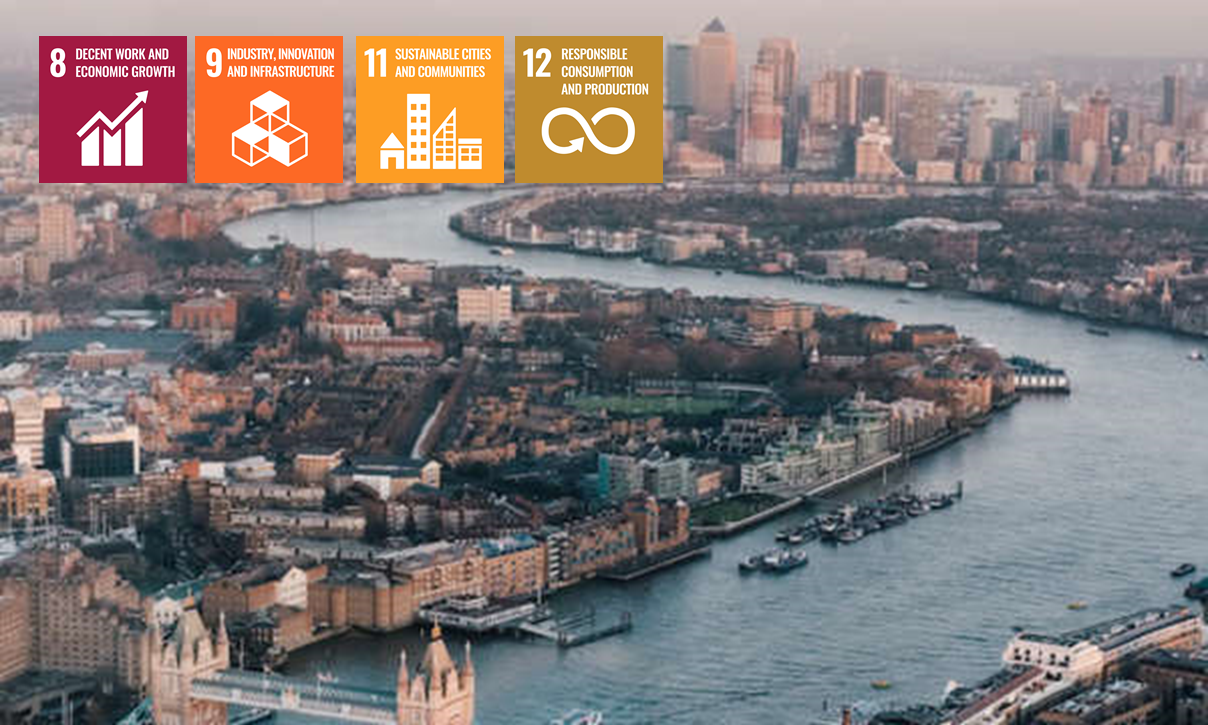 To support small and medium-sized enterprises
in the transition to a circular economy, London Waste and Recycling Board has
created Advance London - a circular economy programme that offers business
advisory services and investment guidance to SMEs that meet specific size,
turnover and focus criteria. Engagement with the SMEs is tailored to their
individual activities, and includes exploring new circular economy markets,
revenue streams and business models. By transforming waste challenges into
business opportunities, the work of Advance London also contributes to meeting
the city’s goal of zero waste to landfill by 2026.
To support small and medium-sized enterprises
in the transition to a circular economy, London Waste and Recycling Board has
created Advance London - a circular economy programme that offers business
advisory services and investment guidance to SMEs that meet specific size,
turnover and focus criteria. Engagement with the SMEs is tailored to their
individual activities, and includes exploring new circular economy markets,
revenue streams and business models. By transforming waste challenges into
business opportunities, the work of Advance London also contributes to meeting
the city’s goal of zero waste to landfill by 2026.
Check to see more at:
https://www.ellenmacarthurfoundation.org/assets/downloads/London_-Case-Study_Mar19.pdf
New York, United States
The #WearNext Campaign
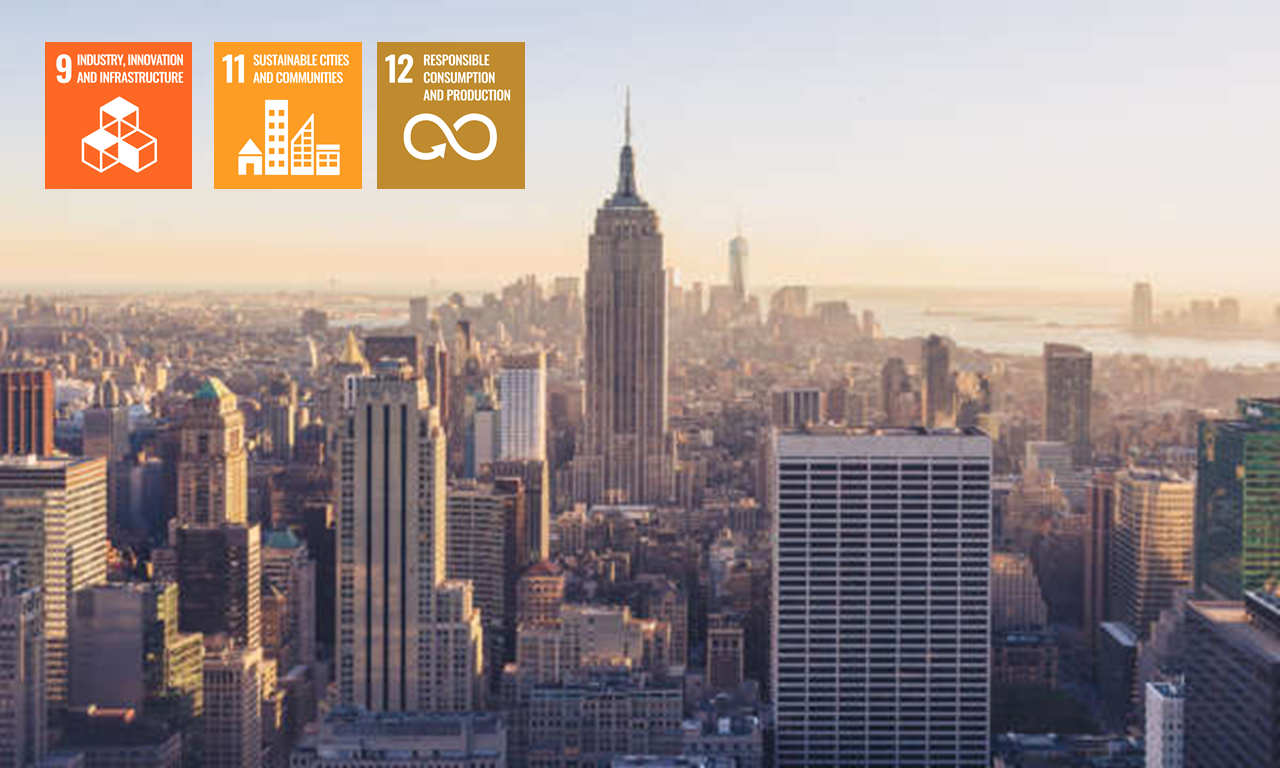 Each year, New York City landfills around
100,000 tonnes (or 200 million pounds) of clothing — equivalent to more than
440 Statues of Liberty. From production to disposal, the textile industry as a
whole is extremely wasteful and polluting. To improve the situation, The
#WearNext campaign united local fashion industry players in an effort to
encourage all New Yorkers to get involved by donating, repairing, reselling or
swapping their old clothes to give them a new life. People were invited to share their stories
using the hashtag #WearNext. The campaign connected public authorities, the
fashion industry, collectors, recyclers, resellers, media, and social media
influencers in New York City to reduce clothing waste.
Each year, New York City landfills around
100,000 tonnes (or 200 million pounds) of clothing — equivalent to more than
440 Statues of Liberty. From production to disposal, the textile industry as a
whole is extremely wasteful and polluting. To improve the situation, The
#WearNext campaign united local fashion industry players in an effort to
encourage all New Yorkers to get involved by donating, repairing, reselling or
swapping their old clothes to give them a new life. People were invited to share their stories
using the hashtag #WearNext. The campaign connected public authorities, the
fashion industry, collectors, recyclers, resellers, media, and social media
influencers in New York City to reduce clothing waste.
Check to see more at:
https://www.ellenmacarthurfoundation.org/assets/downloads/WEARNEXT-CASESTUDY3.pdf
Shenzhen, China
Switching to an Electric Mobility System in the City
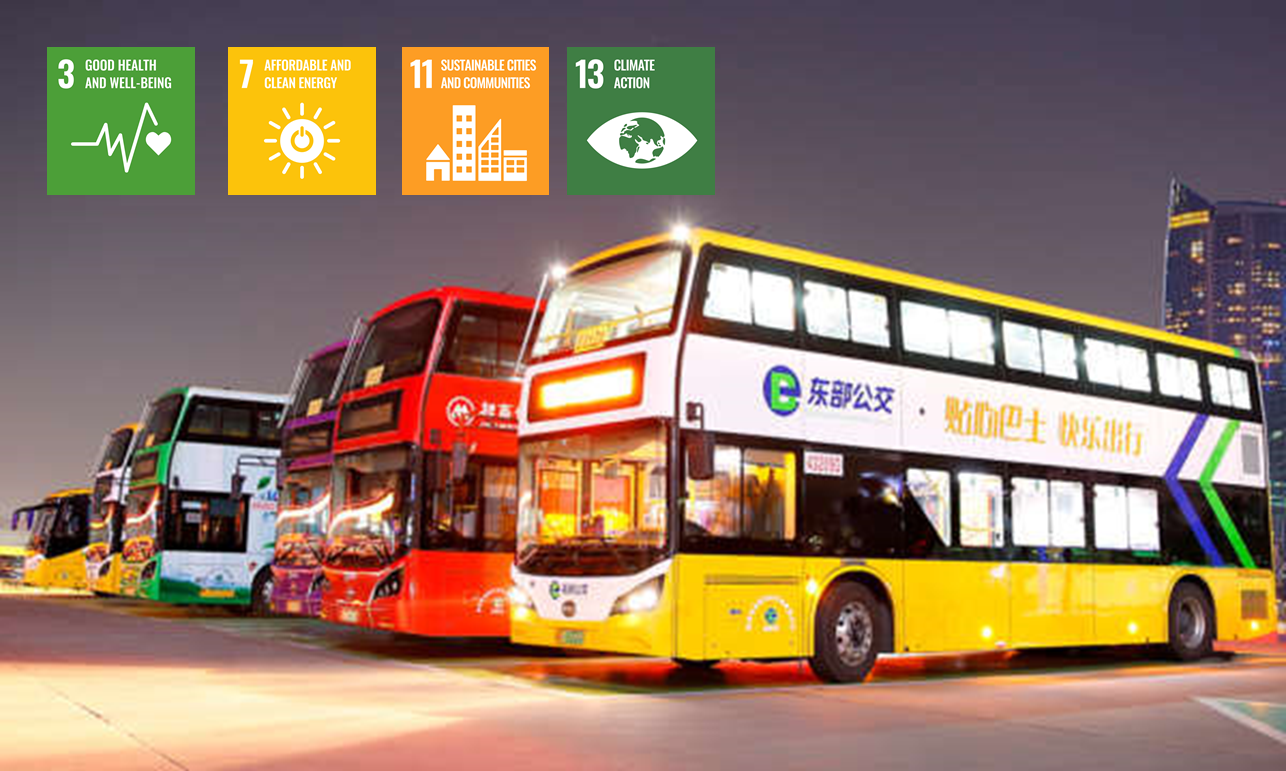 In 2017, Shenzhen became the first city in the
world to electrify all public buses with a view to cutting emissions, reducing
noise pollution and improving air quality. The initiative also helped to
further develop electric mobility. There are now over 16,000 electric public
buses (e-buses) on the road. Work is also underway to improve battery technologies
to encourage their reuse, charging speeds and suitability for a wider range of
vehicles. Combustion engine buses used to contribute to 20% of air pollution,
but through the transition it is now estimated the city will see an annual
reduction of 4.316 million tons of particulate matter. In addition, the average
GHG emissions per e-bus kilometre is 40% less than a diesel vehicle.
In 2017, Shenzhen became the first city in the
world to electrify all public buses with a view to cutting emissions, reducing
noise pollution and improving air quality. The initiative also helped to
further develop electric mobility. There are now over 16,000 electric public
buses (e-buses) on the road. Work is also underway to improve battery technologies
to encourage their reuse, charging speeds and suitability for a wider range of
vehicles. Combustion engine buses used to contribute to 20% of air pollution,
but through the transition it is now estimated the city will see an annual
reduction of 4.316 million tons of particulate matter. In addition, the average
GHG emissions per e-bus kilometre is 40% less than a diesel vehicle.
Check to see more at:
https://www.ellenmacarthurfoundation.org/assets/downloads/Shenzhen_-Case-Study_Mar19.pdf
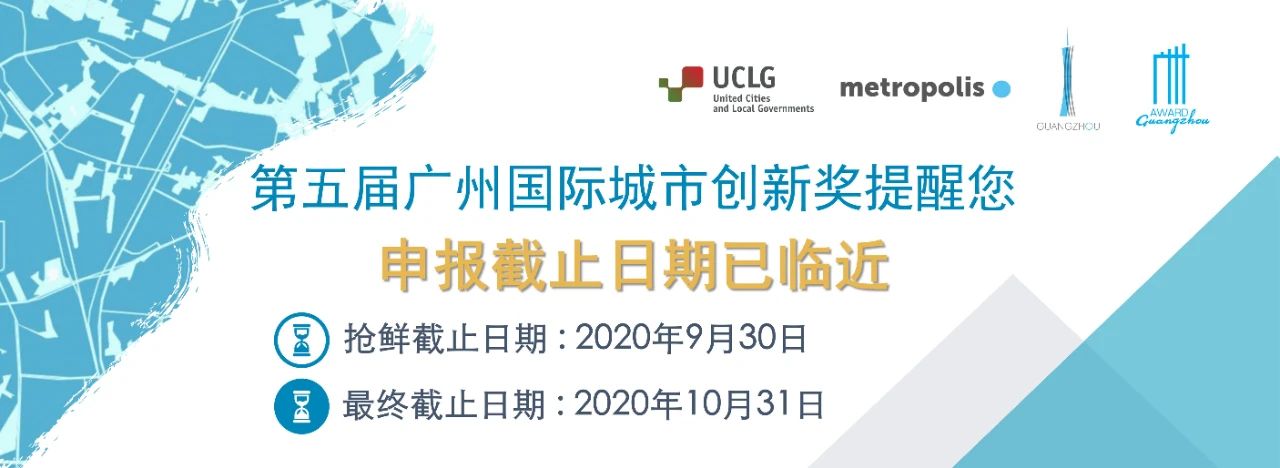
(Editor: Eureka Shen)


 In Focus | World Cities Day: People-Centred Smart Cities
In Focus | World Cities Day: People-Centred Smart Cities City Stories | Fostering community resilience: A lifeline for the Central African Republic
City Stories | Fostering community resilience: A lifeline for the Central African Republic In Focus | Innovative Education, Empowering Futures
In Focus | Innovative Education, Empowering Futures




















 Tel: +86 020 3780 4434
Tel: +86 020 3780 4434 Email: info@guangzhouaward.org
Email: info@guangzhouaward.org Adress: Unit 01-7, 28th Floor, No. 7, Chunrong 3rd Road, Tianhe District, Guangzhou, Guangdong, 510000, PRC
Adress: Unit 01-7, 28th Floor, No. 7, Chunrong 3rd Road, Tianhe District, Guangzhou, Guangdong, 510000, PRC




